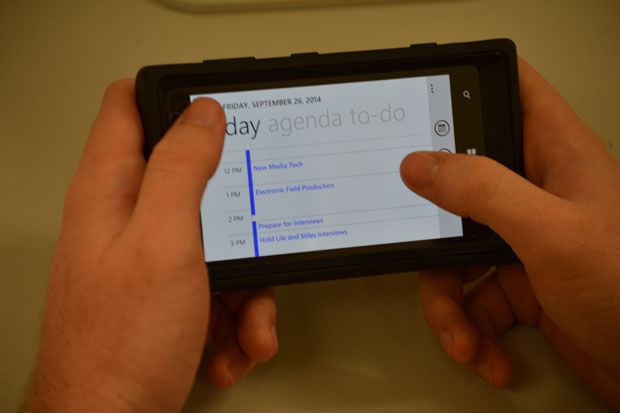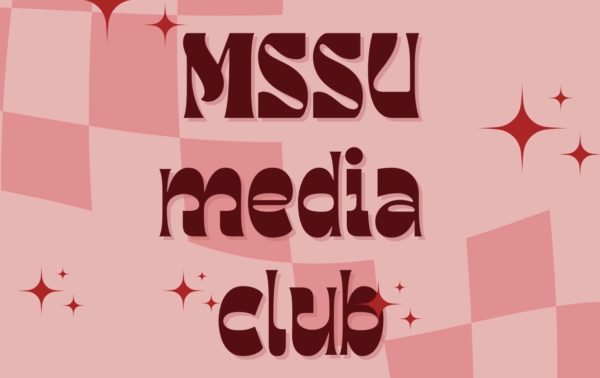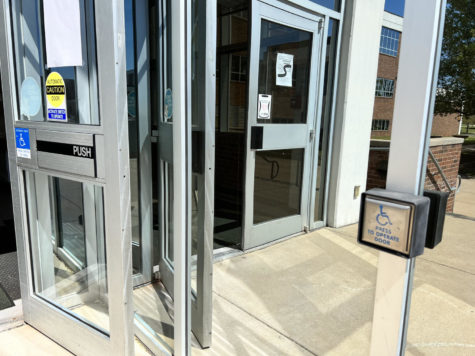Health concerns arise from cell phones
A Missouri Southern student skims through his mobile calendar looking at tasks he has to finish. From calendars and planners to social media, students have become reliant on their phones.
In today’s society, technology is a huge part of our everyday lives. If you are anything like me, your phone wakes you up in the morning, provides music for your morning routine, then follows you to school and work throughout the day with text messages, Facebook and Twitter all abuzz.
Your whole life is in your phone. Without it, you don’t know any phone numbers. You feel disconnected from society. If you’re anything like me, without your phone, you cannot function.
While cell phones can be a great tool, I feel as a society, we are becoming far too dependent on them.
Recently, I lost my phone. I had been going about my morning as usual, running around Webster Hall trying to finish all my homework on time. But when I reached down to check my phone, it wasn’t there. I retraced my steps, with no luck.
“It’s gone forever,” I think to myself.
I panic. Since the day I got it, my phone has been right by my side. The thought of it being gone forever is something I can’t handle.
But if you have ever lost a phone, you may be able to relate. As a member of the generation that grew up with technology, I can’t say I am surprised about my reaction. We have developed such a dependency on cell phones that it’s hard for most of us, me included, to go too long without one, and the thought of losing it becomes unbearable.
After some kind soul turned in my lost phone and we were reunited, I thought back to my reaction to losing it. I felt so lost when it was gone that I couldn’t focus on anything. But how is that healthy?
That feeling of panic I had just goes to show how unhealthy our technology dependency can really be.
But there is something called nomophobia: fear of being without a mobile phone. This fear can come from being out of minutes or data, having a dead battery, forgetting your phone at home, or even losing it like I did. According to an article in Psychology Today, nomophobia affects 40 percent of the population.
This fear of being without a phone affects us in all aspects of our lives, from personal relationships, to work and school. If you think you are an addict and your cell phone attachment is getting unhealthy, here are just some of the tips that psychologytoday.com recommends taking to help break your addiction:
1. Don’t text and drive – this is six times more dangerous than drinking and driving.
2. Don’t take your phone into the bathroom.
3. When you’re ordering at a restaurant or in the checkout line at the store, put down the phone.
4. Don’t fall asleep staring at your phone.
5. If you’re on a date, come to a mutual agreement to only use your phones for a certain amount of time. Pay attention to each other without the distraction of technology.
6. Finally, try leaving your phone at home.
Even just going one hour a day without our cell phones at our fingertips can help reduce nomophobia and improve our social relationships.
Your donation will support the student journalists of Missouri Southern State University. Your contribution will allow us to purchase equipment and cover our annual website hosting costs.






























